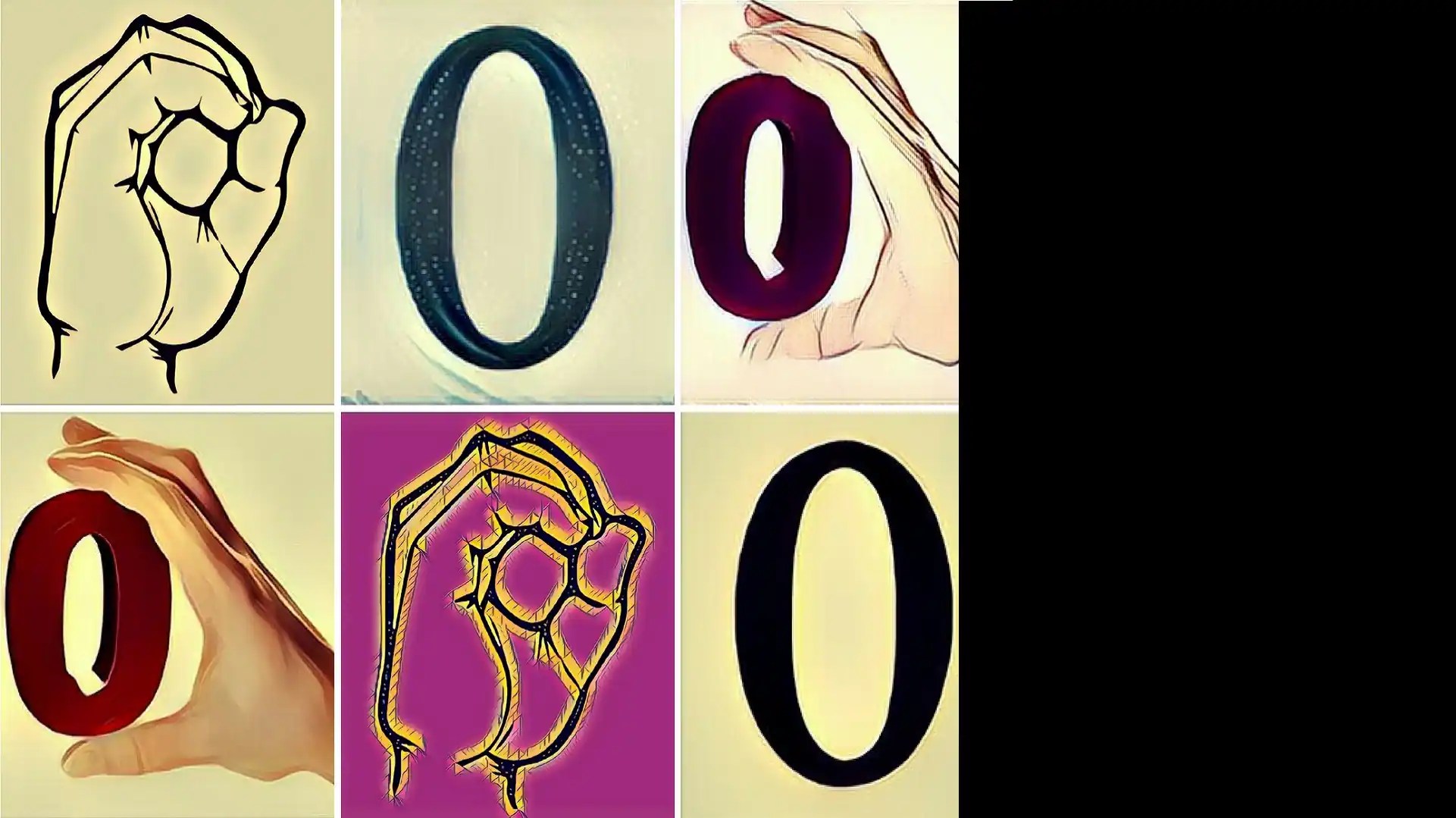The concept of zero, a seemingly simple numeral, holds profound significance in mathematics and science, and its origins can be traced back to ancient India. This remarkable invention not only revolutionized the way we calculate but also paved the way for advancements in various fields, from astronomy to engineering. The story of ancient India zero is a fascinating journey through time, showcasing the brilliance of Indian mathematicians and their contributions to the world.
In ancient India, zero was not merely a placeholder; it represented the concept of nothingness, a philosophical idea that transcended the mathematical world. The emergence of zero as a number transformed arithmetic operations, enabling more complex calculations and the development of the decimal system. This pivotal moment marked a significant turning point in the history of mathematics, influencing cultures far beyond the Indian subcontinent.
As we delve into the rich tapestry of ancient Indian mathematics, we will explore the evolution of the numeral system, the scholars who championed the concept of zero, and its impact on future generations. Join us on this enlightening journey to uncover the legacy of ancient India zero and its enduring significance in the modern world.
What is the Historical Significance of Ancient India Zero?
Understanding the historical significance of ancient India zero requires a closer look at its development and the cultural context in which it emerged. The concept of zero first appeared in Indian texts around the 5th century CE, notably in the work of the mathematician Aryabhata. His treatise, the Aryabhatiya, laid the groundwork for modern mathematics, introducing the use of zero in calculations and establishing its importance in arithmetic.
How Did Ancient Indian Mathematicians Contribute to the Concept of Zero?
Ancient Indian mathematicians made numerous contributions to the concept of zero, particularly through the works of notable figures such as:
- Aryabhata: Credited with the earliest recorded use of zero in the 5th century.
- Brahmagupta: Developed rules for arithmetic operations involving zero in the 7th century.
- Bhaskara I: Furthered the understanding of zero in his mathematical writings.
These scholars not only introduced zero as a number but also defined its properties and its role in calculations, laying the groundwork for future mathematical advancements.
What Role Did Zero Play in the Indian Number System?
Zero played a crucial role in the Indian number system, as it allowed for the representation of large numbers and simplified calculations. The inclusion of zero in the decimal system enabled mathematicians to perform complex operations with ease. This innovation was revolutionary, as it facilitated the development of algebra, calculus, and even early forms of computer science.
How Did Ancient India Zero Influence Other Cultures?
The influence of ancient India zero extended far beyond its origins, reaching various cultures around the world. The knowledge of zero traveled along trade routes, eventually making its way to the Islamic world and then to Europe. Scholars in the Islamic Golden Age adopted and expanded upon the concept, further solidifying its importance in mathematics.
What Are Some Key Texts That Document the Use of Zero?
Several key texts from ancient India document the use and significance of zero:
- Aryabhatiya: Aryabhata's seminal work introduced zero and its applications.
- Brahmasphutasiddhanta: Written by Brahmagupta, this text detailed the rules for arithmetic with zero.
- Bijaganita: Bhaskara II's work that further explored the realms of algebra and the use of zero.
These texts not only recorded mathematical knowledge but also served as educational resources for future generations of mathematicians and scholars.
What Legacy Did Ancient India Zero Leave for Future Generations?
The legacy of ancient India zero is profound and far-reaching. Its introduction transformed mathematics, enabling advancements in science and technology that continue to shape our world today. The decimal system, which relies on the concept of zero, is now the standard for mathematical calculations globally.
Can We Trace the Evolution of Zero Through Time?
Tracing the evolution of zero reveals a fascinating story of intellectual growth and cultural exchange. From its humble beginnings in ancient India to its adoption by Islamic scholars and eventual integration into Western mathematics, the journey of zero is a testament to the collaborative nature of human knowledge. The concept of zero has evolved, yet its foundational principles remain unchanged.
What Are the Philosophical Implications of Zero in Ancient India?
Beyond its mathematical significance, zero also holds philosophical implications in ancient Indian thought. The idea of nothingness is central to various philosophical traditions, including Buddhism and Jainism. In these contexts, zero represents the void, the ultimate reality beyond material existence. This duality of zero as both a numerical entity and a philosophical concept highlights its profound nature.
How Can We Appreciate the Contributions of Ancient India Zero Today?
To appreciate the contributions of ancient India zero, we must recognize its impact on modern mathematics, science, and culture. Understanding the historical context and the intellectual achievements of ancient Indian mathematicians allows us to celebrate their legacy and the enduring significance of zero in our daily lives. From basic arithmetic to advanced technological innovations, the influence of ancient India zero continues to resonate in the world around us.
In conclusion, the story of ancient India zero is not just about a numerical symbol; it is a narrative woven into the fabric of human civilization. The brilliance of ancient Indian mathematicians and their groundbreaking contributions have left an indelible mark on mathematics and philosophy. As we navigate the complexities of the modern world, let us remember and honor the legacy of ancient India zero, a concept that has shaped our understanding of the universe and our place within it.
You Might Also Like
Unlocking The Secrets: How To Get The Ronin Shell In Destiny 2Unlocking The Secrets Of Monomer Shard Farm
Unveiling The World Of Zzzbuild: A Comprehensive Guide
Exploring The Ideals Of The French Revolution: A Deep Dive
Discovering The Charm Of La Cantinaccia Del Popolo Photos
Article Recommendations


